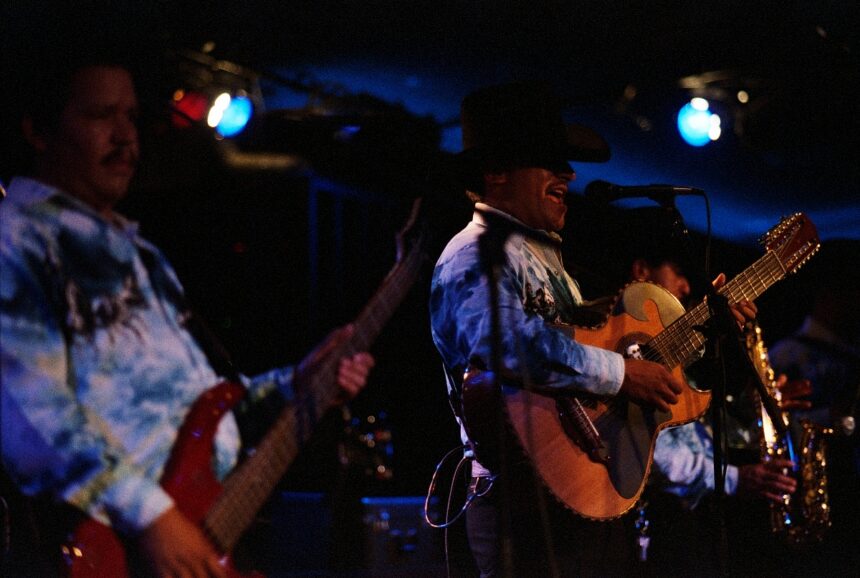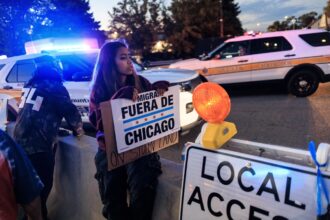A new chapter has opened in Donald Trump’s offensive against Mexican organized crime. This time it’s not about border operations or troops: now the focus is on artists who sing about the narco.
For the first time, the U.S. government revoked the visas of a Mexican band for performing a narcocorrido. The song, dedicated to an organized crime leader, was performed at a concert in Jalisco by Los Alegres del Barranco. That was enough for U.S. authorities to consider that the group was exalting a criminal, which led to immediate sanctions.
Prohibitions and self-censorship in Mexico
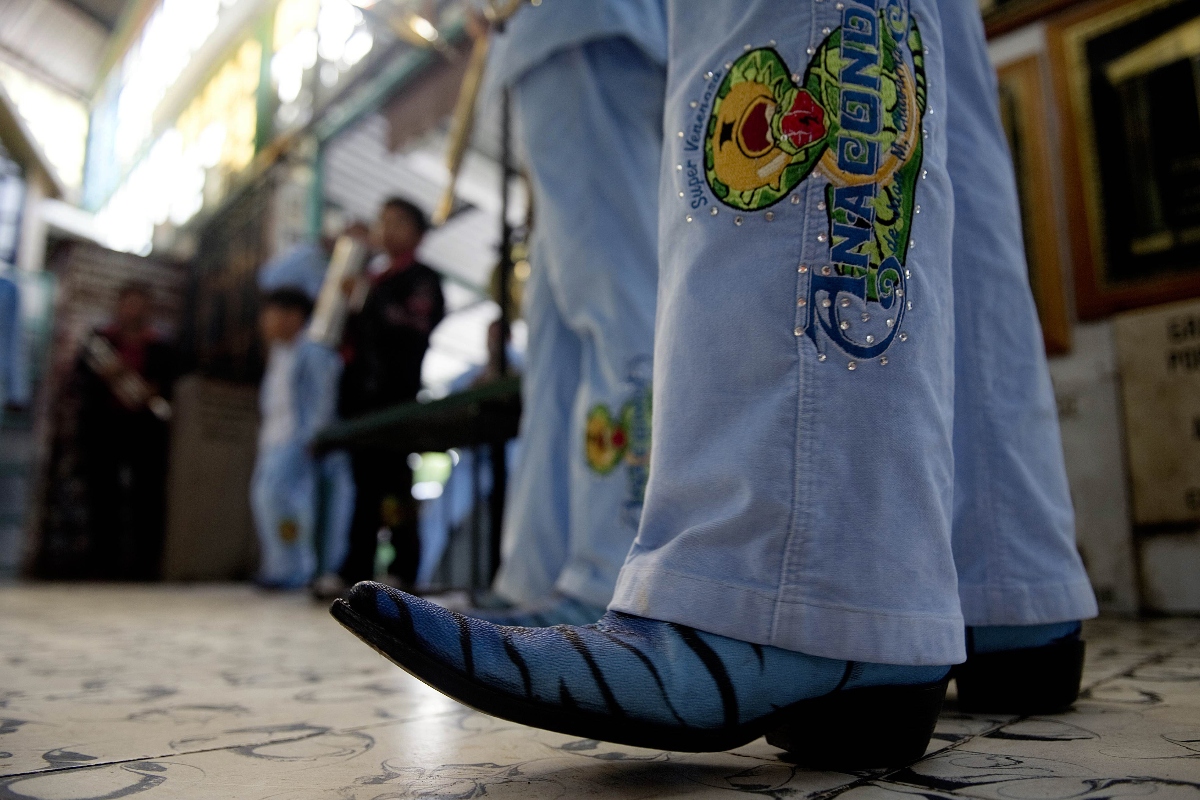
In the wake of this incident, several state governments in Mexico have begun to ban live performances of drug-related songs.
But the biggest impact seems to be coming from the north: many musicians are already changing their lyrics or avoiding playing certain songs for fear that the U.S. will close its doors to them.
This has sparked a wave of self-censorship never before seen in regional Mexican music, a genre with a large fan base in the U.S. Latino community.
What can’t be sung… is heard the most
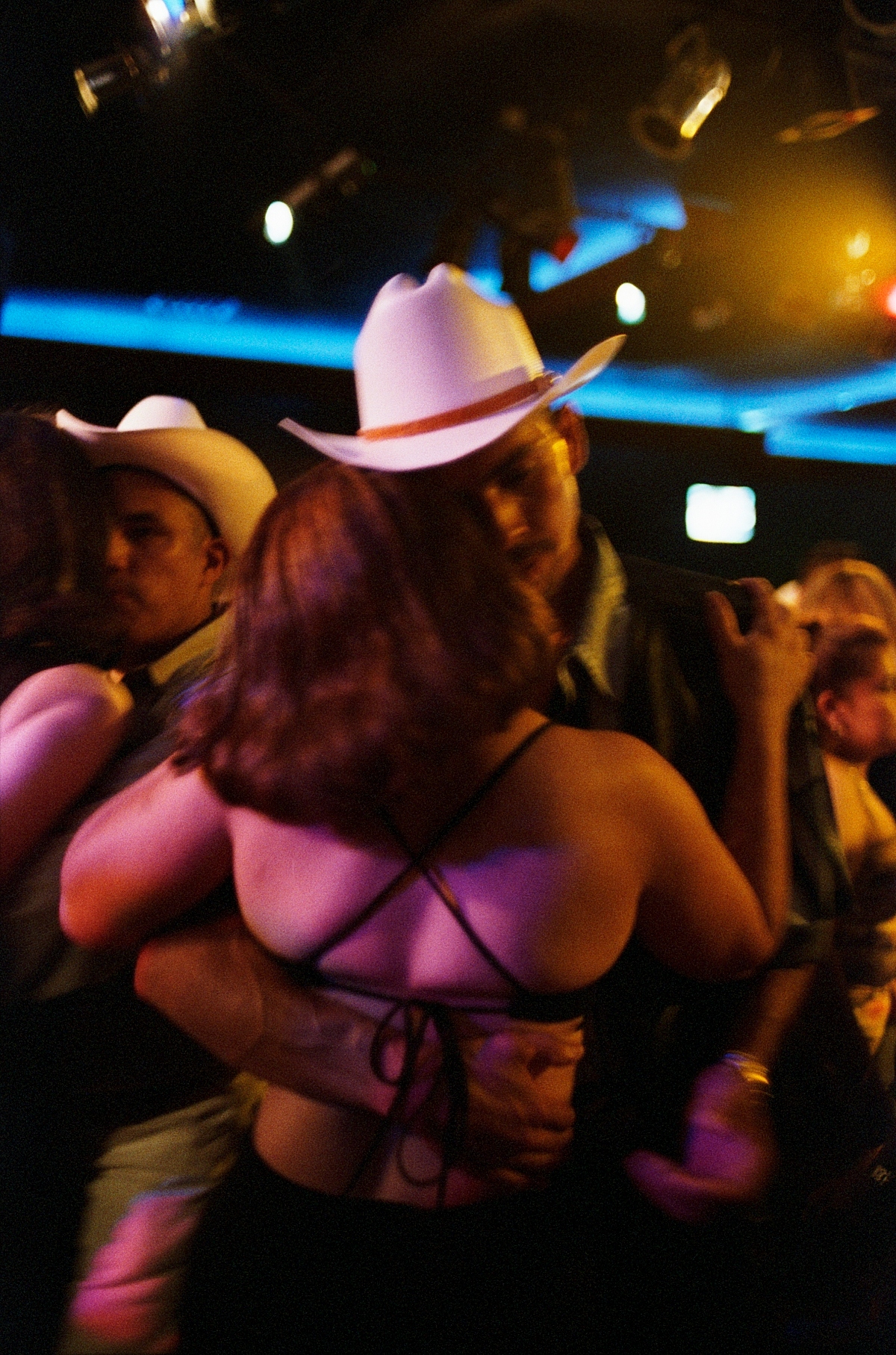
Paradoxically, the official veto has had the opposite effect to that expected.
The sanctioned groups have seen their songs skyrocket on platforms such as YouTube and Spotify.
The controversy has put the spotlight on a genre that, far from disappearing, is gaining more strength in the midst of the debate.
This shows that music, as a cultural manifestation, cannot always be controlled by politics.
Dangerous art or legitimate expression?
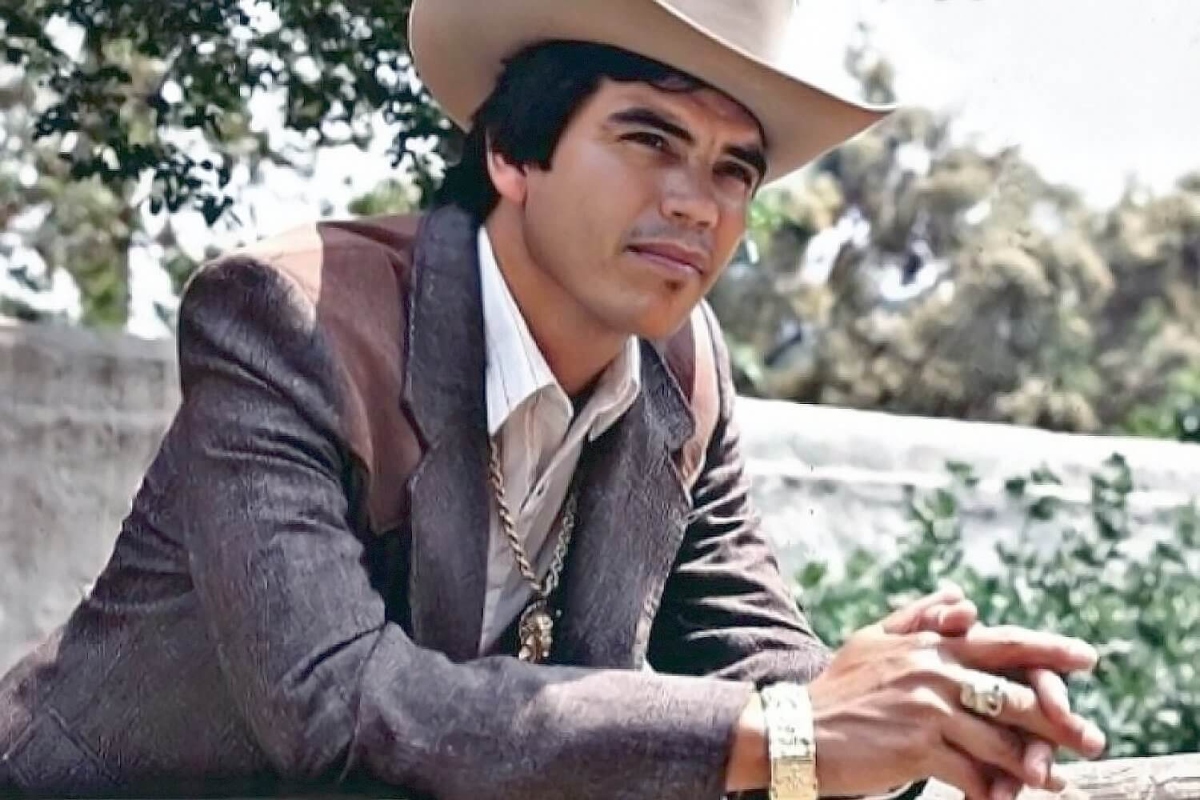
Narcocorridos are not new. For more than a century, corridos have told stories of struggle, injustice, power and tragedy.
What has changed is that some kingpins started paying to have songs written about them.
This has generated a gray zone between artistic freedom and criminal propaganda.
While some defend these themes as part of a tradition that narrates reality, others warn of the risk of glorifying violence.
And what does this mean for Latinos in the U.S.?
Trump’s campaign against narcocorridos strikes a chord with Latinos who grew up listening to this music as part of their cultural identity.
Many feel that this is not just about fighting crime, but about censoring an expression that – while uncomfortable – also tells real stories of their communities.
The debate is still open. What is clear is that, with each attempt at censorship, the genre reinvents itself and resists, challenging the boundaries between art, politics and power.





